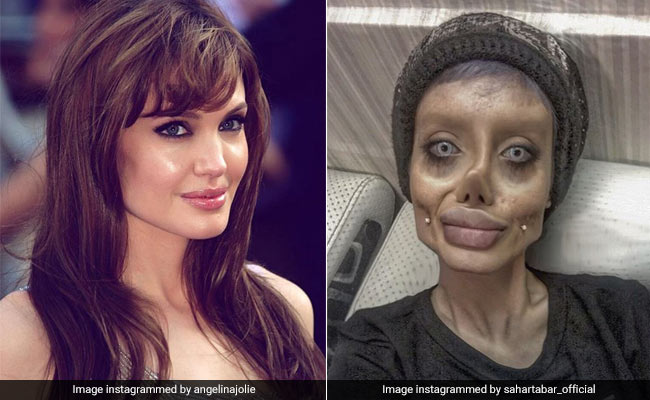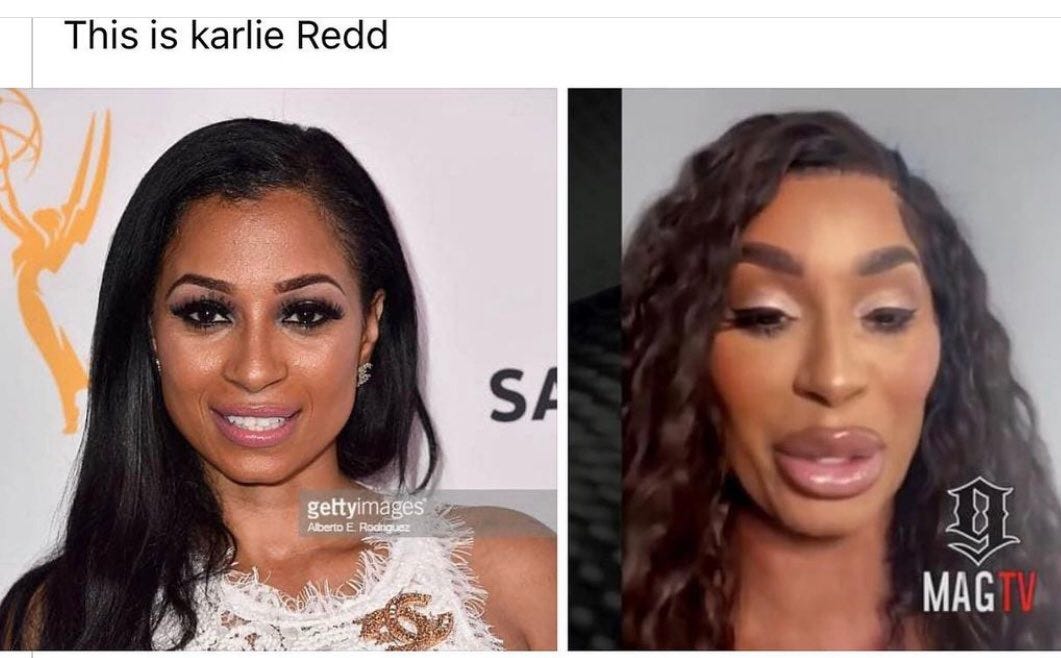Plastic Surgery Inland Empire: Achieve Your Dream Look with Professional Care
Plastic Surgery Inland Empire: Achieve Your Dream Look with Professional Care
Blog Article
Investigating the Mental and Social Factors That Drive People to Consider Aesthetic Surgical Procedure as a Method of Renovation
The choice to seek plastic surgery commonly prolongs beyond mere looks, intertwining with psychological and social characteristics that merit extensive assessment. Elements such as self-esteem, pervasive societal beauty criteria, and the pervasive influence of social networks converge to form private motivations for surgical enhancement. As these impacts end up being increasingly noticeable, recognizing the underlying social and emotional contexts is important. What remains to be discovered is the profound impact these variables have not only on individuality yet likewise on broader social norms and values bordering elegance and acceptance.
The Function of Self-worth
Self-esteem dramatically affects an individual's decision to go after cosmetic surgical procedure. Individuals with low self-confidence usually perceive themselves in an unfavorable light, resulting in sensations of insufficiency regarding their physical appearance. This adverse self-perception can drive them to seek surgical interventions as an approach of enhancing their self-image. The need for improvement in one's appearance is frequently linked to a belief that such modifications will raise their overall self-worth and confidence.

Inevitably, the role of self-esteem in the decision-making process regarding cosmetic surgery highlights the complex interplay in between body picture, personal contentment, and psychological wellness. Recognizing this connection is vital for medical care specialists to make sure that clients are making informed choices rooted in sensible expectations and emotional health.
Social Beauty Criteria
Influenced by prevalent media representations and cultural stories, social appeal requirements play a vital function in forming people' understandings of their own bodies. These criteria are typically defined by an idealized kind of charm that stresses characteristics such as youthful vigor, slimness, and balance. As these suitables are continued through various networks, consisting of movie, television, and advertising and marketing, people often internalize these messages, causing dissatisfaction with their natural appearance.
The effects of these social norms expand beyond aesthetic choices; they can influence self-worth, psychological wellness, and interpersonal partnerships. Individuals that perceive themselves as disappointing these requirements might experience sensations of inadequacy, prompting a wish for plastic surgery as a way of attaining social authorization. This search is frequently sustained by the idea that complying with these suitables will certainly boost not only physical appearance yet also social standing and individual gratification.

Influence of Social Media Site
The impact of societal elegance requirements is additional amplified by the increase of social media sites platforms, where curated photos and idyllic representations of appeal are common. Users are frequently subjected to filteringed system and modified pictures, which usually portray unattainable physical qualities. This direct exposure grows a culture of comparison, leading individuals to examine their very own appearance versus these usually unrealistic benchmarks.
Social media influencers and celebrities often advertise aesthetic treatments, stabilizing the concept that medical improvements are a sensible methods for attaining social suitables (plastic surgery rancho cucamonga). The exposure of these improvements can produce an understanding that undertaking cosmetic surgical treatment is a basic practice, thus influencing individuals to think about similar treatments as a path to enhanced self-confidence and social approval
Furthermore, the interactive nature of social networks permits immediate feedback through sort and comments, even more reinforcing the desire to adapt prominent beauty criteria. Such communications can worsen sensations of inadequacy and drive individuals toward cosmetic surgery as a means of gaining recognition. Eventually, social media plays a crucial role fit understandings of beauty, which considerably influences the decision-making processes bordering cosmetic surgical treatment.

Cultural Point Of Views on Appearance
Throughout different societies, understandings of appearance are deeply rooted in historic, social, and economic contexts, shaping individuals' views on elegance and charm. In numerous societies, look acts as a considerable marker of identification, influencing social status, professional opportunities, and individual partnerships. For instance, in some societies, light skin is often related to wide range and go to my site opportunity, while others may glorify darker skin tones as signs of strength and credibility.
Additionally, conventional elegance criteria are typically bolstered with cultural stories, media depictions, and family influences, bring about varying perfects across various regions (plastic surgery rancho cucamonga). In Western cultures, the focus on youth and fitness usually drives people toward cosmetic improvement, while in specific Eastern cultures, more subtle adjustments aligned with typical looks might be liked
Globalization and the proliferation of electronic media have actually further made complex these characteristics, developing a hybridization of beauty suitables that transcends geographical borders. As people progressively browse these cultural stories, the stress to conform to certain look standards can cause the need for plastic surgery, mirroring a complex interplay of social values and personal ambitions. Comprehending these social viewpoints is vital in addressing the motivations behind plastic surgery considerations.
Psychological Impacts of Plastic Surgery
Lots of people seeking cosmetic surgical treatment record experiencing extensive psychological effects that can considerably change their self-perception and emotional well-being - plastic surgery rancho cucamonga. The need for physical improvement often hop over to these guys originates from underlying problems such as low self-esteem, body dysmorphic disorder, or societal pressures concerning beauty standards. For some, the prompt post-operative phase can result in a temporary increase in positive self-image and fulfillment with their appearance, promoting a sense of empowerment
However, these favorable feelings might not be withstanding. Research study indicates that while some people experience enhanced self-esteem, others might deal with elevated anxiety or clinical depression if their expectations are not fulfilled. This inconsistency can develop from unrealistic perfects continued by media representation and social narratives bordering appeal.
Additionally, the emotional ramifications of plastic surgery prolong beyond the person. Relationships with friends and family may be stressed as social dynamics change, causing sensations of isolation or alienation. Eventually, the emotional effects of cosmetic surgical procedure are complex and complex, requiring cautious factor to consider by both prospective individuals and doctor to make certain informed decision-making and sensible assumptions.
Verdict
In conclusion, the choice to seek plastic surgery is considerably influenced by a combination of self-worth issues, societal appeal criteria, and social point of views on look. The prevalent reach of social media even more worsens these stress, promoting unrealistic suitables that individuals usually make every effort to attain. Recognizing these social and psychological factors is important for dealing with the motivations behind cosmetic surgical treatment, highlighting the requirement for a much more nuanced conversation surrounding beauty and self-acceptance in contemporary culture.
The choice to go after cosmetic surgical treatment commonly prolongs beyond mere looks, linking with mental and social characteristics that warrant thorough exam. Inevitably, social media plays an essential function in shaping understandings of appeal, which substantially affects the decision-making processes bordering cosmetic surgical treatment.
As people increasingly browse these cultural stories, the pressure to adjust to specific look requirements can lead to the desire for cosmetic surgical procedure, showing a complex interaction of individual ambitions and social worths.In final thought, the decision to seek cosmetic surgical treatment is considerably affected by a combination of self-esteem problems, societal appeal standards, and social perspectives on look. Understanding these emotional and social aspects is vital for addressing the inspirations behind cosmetic surgery, highlighting the requirement for an see extra nuanced discussion surrounding appeal and self-acceptance in contemporary society.
Report this page